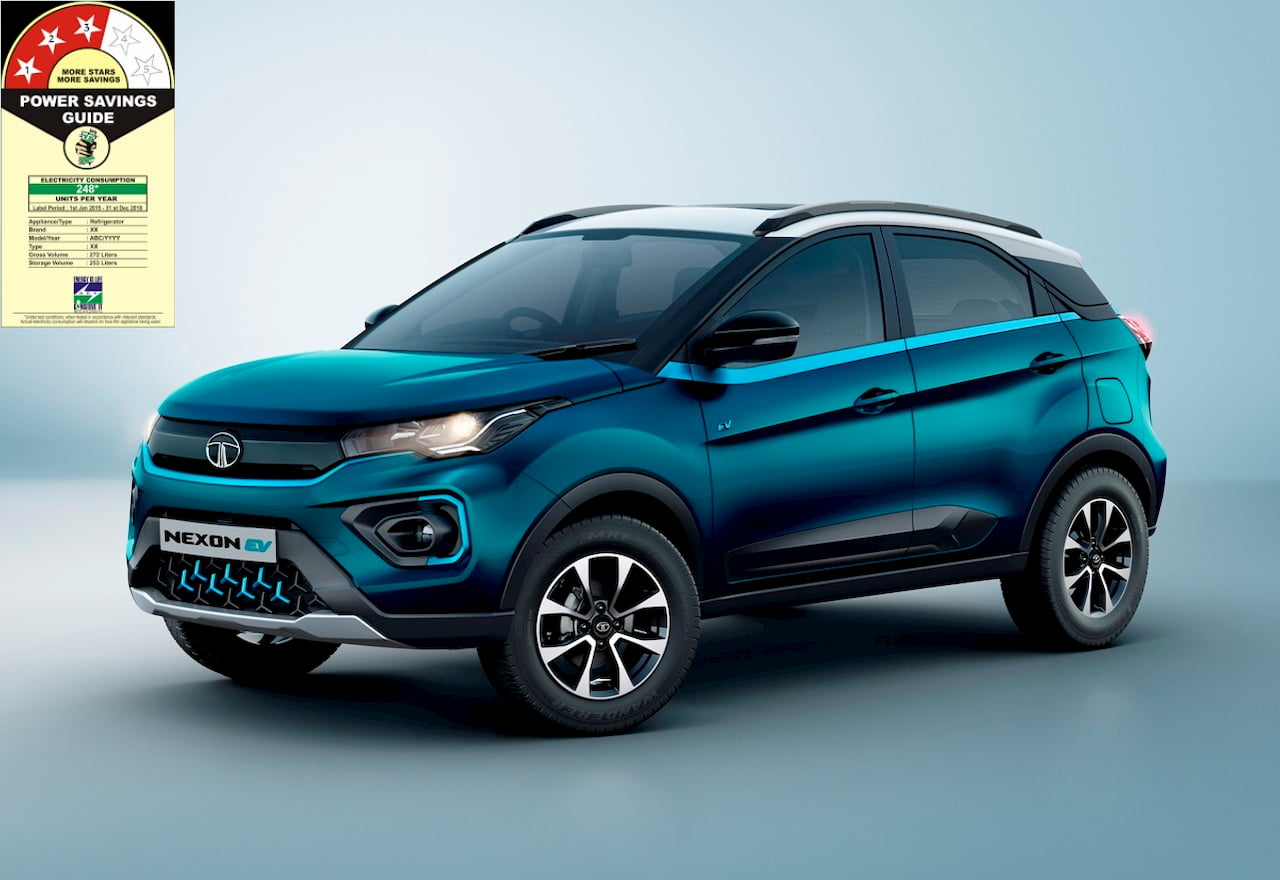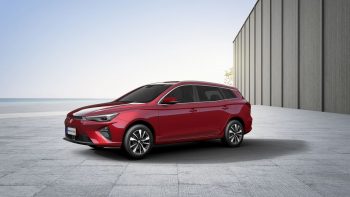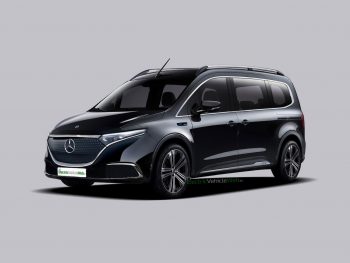New EVs in India from 2021 could have a start-rating just like home appliances. According to a news report from moneycontrol.com, the government plans to bring electric vehicles under the umbrella of the Bureau of Energy Efficiency (BEE).
Just packing larger batteries and offering a higher range in EVs isn’t the ultimate solution for EV adoption. Energy efficiency is what companies should be ideally working on, and are. Energy efficiency rating, or simply put, power consumption rating, is a parameter new EV customers could easily overlook. A standardised certification for the same would ensure that they are well-informed about that important measurement. Moreover, it would also compel EV manufacturers to make more efficient and more eco-friendly EVs.
BEE, a Ministry of Power agency, has been assigned the task to form standardisation and labelling programme for giving a star-rating to EVs on the basis of their power consumption. BEE star-rating is currently mandatory for many electric products like frost-free refrigerators, room ACs, geysers, TVs, etc. In the case of other products, some companies voluntarily get a BEE star-rating.
“BEE is introducing standardising and labelling programmes to standardise the performance of the batteries as well as the performance of DC chargers,” Sameer Pandita, Director, BEE, said at the India Energy Storage Week held this week.
The running cost of EVs would directly depend on their energy efficiency. The Tata Nexon EV has a 30.2 kWh battery pack and can go up to 312 km on a full charge. This means that its power consumption is 9.68 kWh/100 km. The MG ZS EV uses a bigger, 44.5 kWh battery pack but its range is 340 km. Thus, its power consumption is much higher – 13.09 kWh/100 km.

![Compact Hyundai ‘Ioniq 3’ to be produced in Singapore in 2025 [Update]](https://electricvehicleweb.com/wp-content/uploads/2022/01/2025-Hyundai-Ioniq-3-rendering-front-350x220.jpg)

